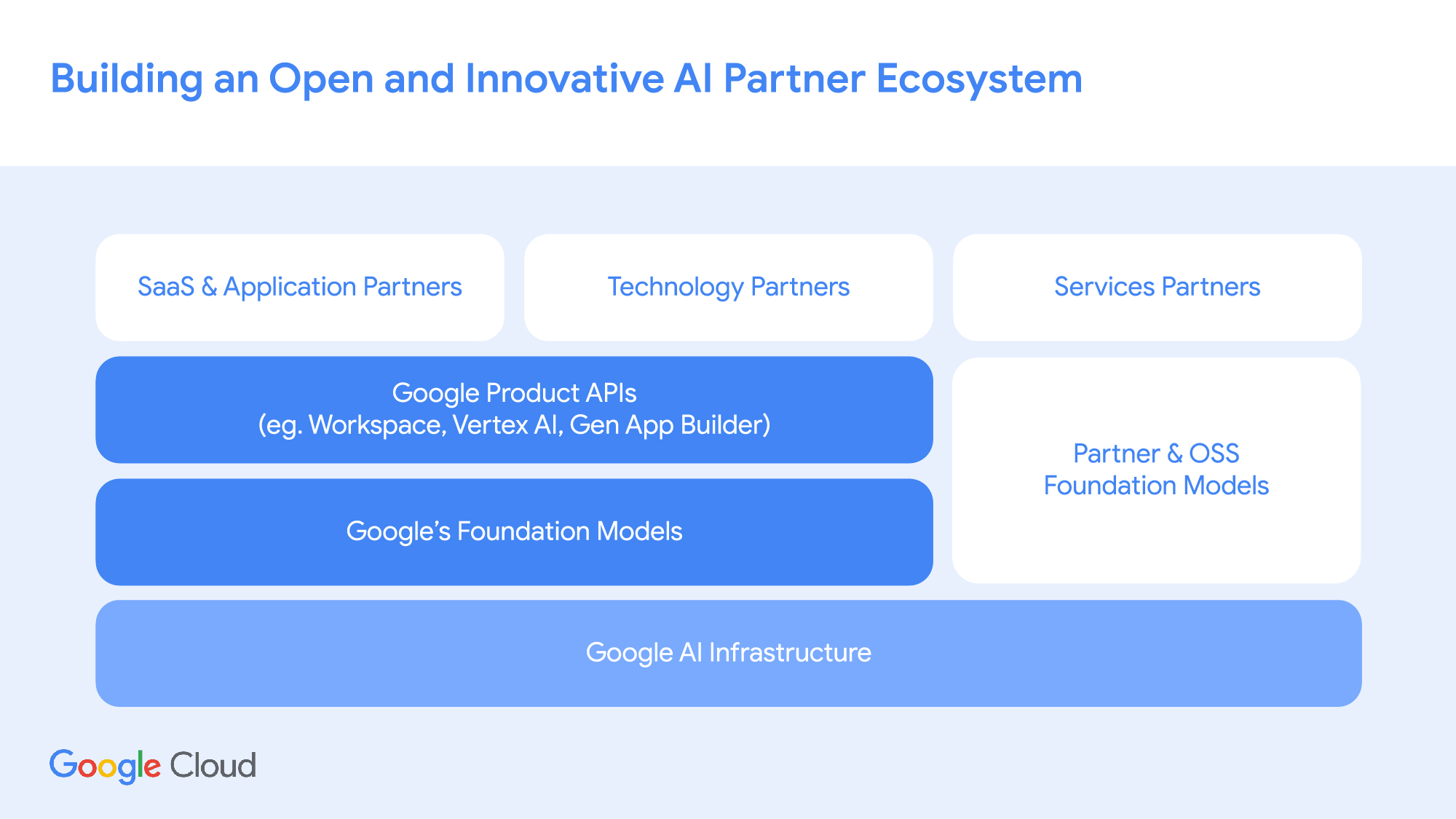New Details Emerge: Trump's Approach To Softening Automotive Tariffs

Table of Contents
The Initial Imposition of Tariffs: A Protectionist Stance
The Trump administration's announcement of automotive tariffs, citing national security concerns, significantly altered the landscape of international trade. The stated rationale focused on protecting the US automotive industry from what was perceived as unfair competition and threats to national security.
- Specific tariff percentages imposed: Tariffs varied but reached as high as 25% on imported vehicles and parts from specific countries.
- Countries primarily affected: Major exporting countries like Japan, South Korea, the European Union, and Mexico were significantly impacted by these tariffs on imported vehicles.
- Immediate industry reactions and economic forecasts: The immediate reaction was widespread concern and uncertainty. Many economists predicted negative economic consequences, including increased prices for consumers and potential job losses in the US.
The economic impact was felt across the board. US automakers faced higher costs for imported parts, while foreign manufacturers experienced reduced sales in the US market. The ripple effect impacted the entire automotive supply chain, creating instability and uncertainty.
Negotiations and Concessions: Behind-the-Scenes Maneuvering
The initial imposition of Trump's automotive tariffs wasn't the end of the story. Intense negotiations ensued with various countries to mitigate the impact. These discussions involved a complex interplay of threats, concessions, and compromises.
- Examples of concessions offered by foreign automakers: To avoid or lessen the impact of the tariffs, several foreign automakers increased investment in US manufacturing facilities, creating jobs and boosting domestic production.
- Specific agreements reached: While details weren't always public, some agreements involved quotas on imported vehicles or commitments to increase US sourcing of components. The Trump administration often touted these deals as victories.
- The role of lobbying efforts: Intense lobbying efforts by automotive companies and industry groups played a significant role in shaping the negotiations and the eventual outcomes. These groups sought to influence policy and minimize negative impacts on their businesses.
The effectiveness of these negotiation strategies is debatable. While some concessions were secured, the tariffs undoubtedly led to trade disputes and economic uncertainty. The long-term success of these "softening" strategies remains a subject of ongoing analysis and debate surrounding Trump's automotive tariffs.
The Role of National Security Concerns
The justification for Trump's automotive tariffs frequently centered on national security. The administration argued that the US automotive industry was vulnerable to foreign competition and that tariffs were necessary to protect it.
- Specific arguments made by the Trump administration: The administration emphasized the importance of a strong domestic automotive sector for national defense, suggesting that reliance on foreign suppliers could pose risks during times of crisis.
- Counterarguments and critiques: Critics argued that the national security justification was a thinly veiled protectionist measure, and that the economic consequences outweighed any potential security benefits. The use of national security as a justification for trade policies raised broader concerns about the potential for abuse.
- The broader political context: The imposition of these tariffs occurred within a broader context of trade disputes and protectionist rhetoric during the Trump administration. This approach contrasted sharply with previous, more internationally collaborative trade policies.
Long-Term Impact and Unintended Consequences of Trump's Tariff Approach
The long-term consequences of Trump's automotive tariffs and the subsequent "softening" strategies are still unfolding. The initial impact was widely felt, with both intended and unintended consequences.
- Changes in the global automotive supply chain: The tariffs led to shifts in the global automotive supply chain, as manufacturers sought to adjust to the new trade landscape and reduce reliance on affected countries.
- The impact on consumer prices and vehicle affordability: Consumers likely faced higher prices for vehicles due to increased tariffs and associated costs. This impact varied depending on the vehicle's origin and component sourcing.
- The effects on US jobs in the automotive industry: The net effect on US jobs is complex. While some jobs were created through increased domestic production, others might have been lost due to reduced competitiveness and economic downturn.
Whether Trump's approach ultimately achieved its stated goals is highly contested. While some domestic production increased, the broader economic consequences and trade tensions remain significant concerns, raising questions about the long-term sustainability and effectiveness of the strategy employed regarding Trump's automotive tariffs.
Conclusion
The intricacies of Trump's approach to softening automotive tariffs reveal a complex interplay of protectionist aims, strategic negotiations, and unforeseen consequences. While initially framed as a decisive protectionist measure, the emerging details showcase a more nuanced reality involving significant behind-the-scenes maneuvering and concessions. Understanding the full picture of Trump's automotive tariffs, including the initial imposition, the negotiation tactics, and the long-term effects, is crucial for analyzing the effectiveness of such trade policies and their lasting influence on the global automotive industry. Further investigation into the impact of these policies is warranted to fully grasp their lasting ramifications. To stay informed on the latest developments regarding Trump’s automotive tariffs and their impact, continue to follow reputable news sources and industry analyses.

Featured Posts
-
 Schneider Electrics New Ai Ecosystem A Partner Program For Ai Success
Apr 30, 2025
Schneider Electrics New Ai Ecosystem A Partner Program For Ai Success
Apr 30, 2025 -
 Uk Eurovision Act Reveals Winning Isnt Everything
Apr 30, 2025
Uk Eurovision Act Reveals Winning Isnt Everything
Apr 30, 2025 -
 Bet Mgm 150 Bonus Use Code Rotobg 150 For Nba Playoffs
Apr 30, 2025
Bet Mgm 150 Bonus Use Code Rotobg 150 For Nba Playoffs
Apr 30, 2025 -
 Document Amf Cp 2025 E1027692 D Ubisoft Entertainment Informations Cles
Apr 30, 2025
Document Amf Cp 2025 E1027692 D Ubisoft Entertainment Informations Cles
Apr 30, 2025 -
 Muere Joven Promesa Del Futbol Argentino Tristeza En La Afa
Apr 30, 2025
Muere Joven Promesa Del Futbol Argentino Tristeza En La Afa
Apr 30, 2025
